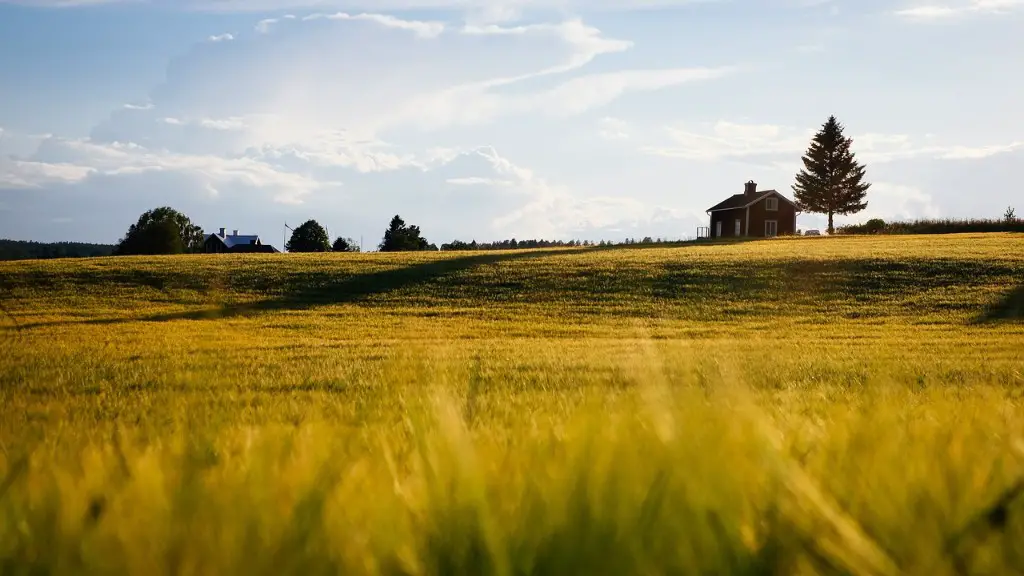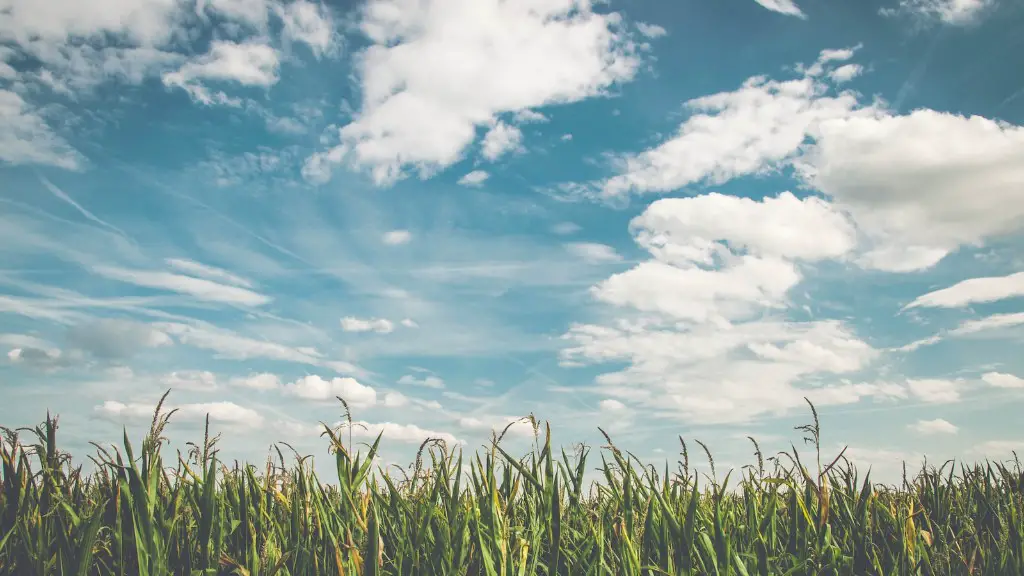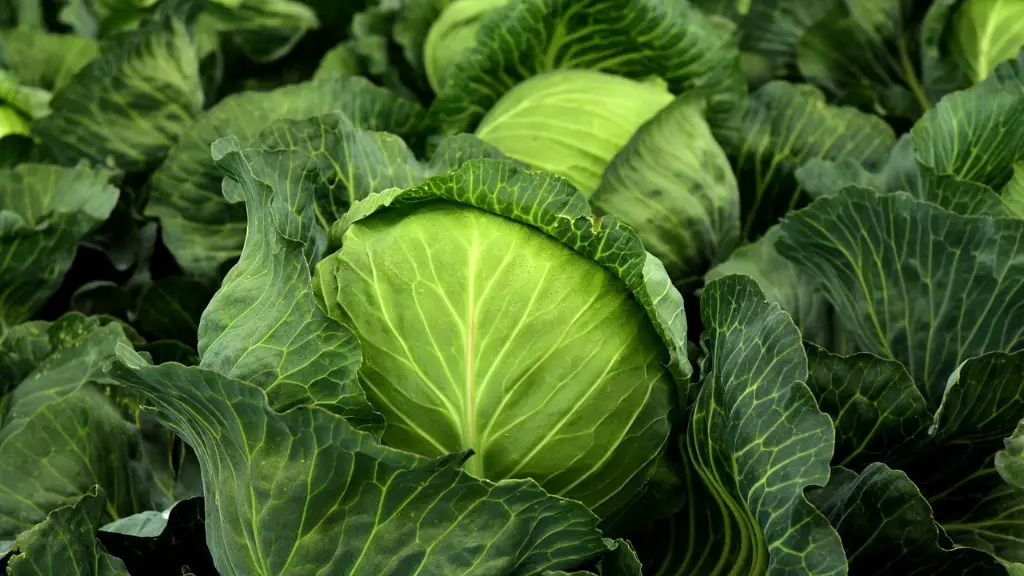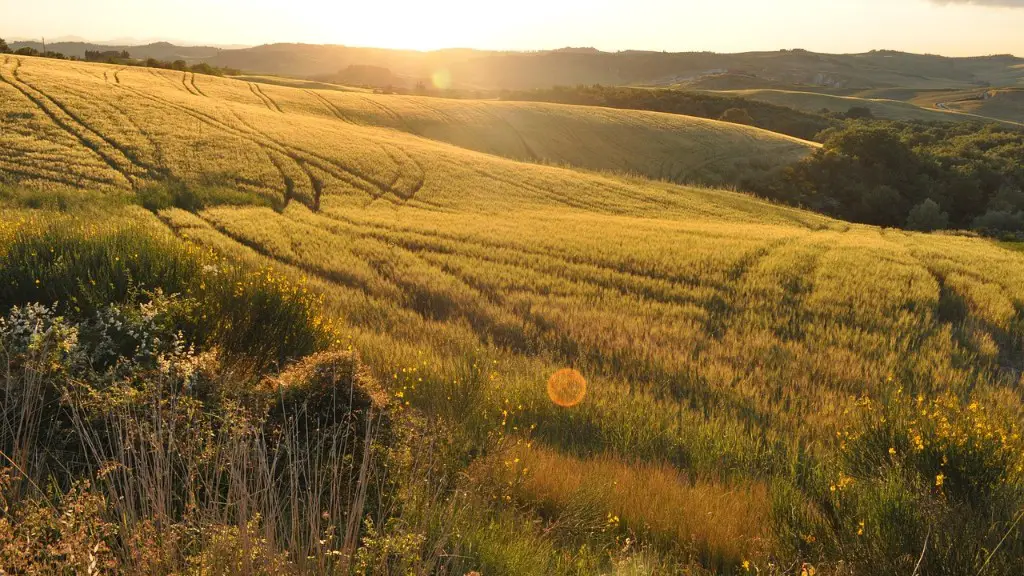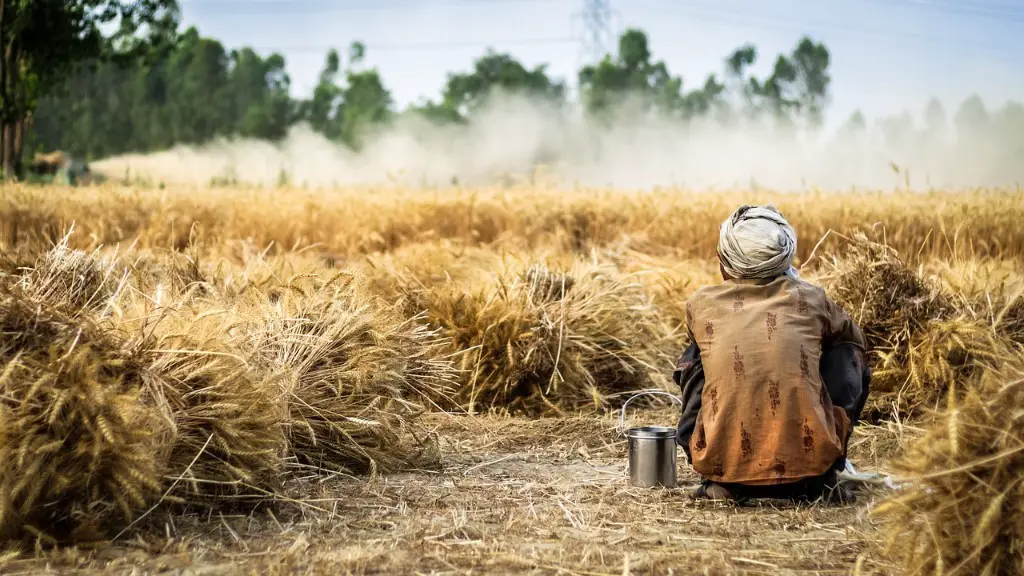In recent years, there has been an increased focus on the potential harmful effects of pesticides on human health. While pesticides are essential for many agricultural applications, it is important to take steps to avoid exposure to these chemicals whenever possible. There are a number of ways to avoid pesticides in agriculture, including the use of integrated pest management strategies, choosing certified organic products, and washing produce thoroughly.
There is no one definitive answer to this question. Some tips to avoid pesticides in agriculture include:
1. Buying certified organic foods
2. Planting native plants and trees
3. Growing your own food
4. Supporting farmer’s markets and community-supported agriculture initiatives
5. Using natural pest control methods such as crop rotation,Companion planting and predator insects
How can we prevent pesticides?
Pesticides can be harmful to your health and the environment if used improperly. To prevent problems, follow these simple tips:
– Use non-pesticide methods whenever possible
– Don’t apply more pesticides than needed
– Read the product label carefully and follow the instructions
– Keep pesticides away from children and pets
Pesticides can be harmful to both human health and the environment. If you use them, it is important to follow the instructions on the label and take precautions to minimize exposure and risks. Try to use them only as a last resort, and consider alternatives such as mechanical control or biological control.
How do farmers protect themselves from pesticides
Personal protective equipment is essential for anyone handling pesticides. gloves, boots, hats, long sleeve shirts, and chemical-resistant coveralls help to limit dermal exposure and protect the individual from harmful chemicals.
The study, published in the journal Food Additives & Contaminants, found that soaking fruits and vegetables in a baking soda and water solution for 12 to 15 minutes can remove most of the residual pesticides. The solution was also effective at removing waxes, which are often used to coat produce and make it look shiny.
While the study did not specifically test the safety of eating fruits and vegetables that have been soaked in baking soda and water, the researchers say that the solution is likely safe to consume.
How do farmers control pests without pesticides?
Crop rotation, selection of crop plant varieties, timing of planting and harvesting, and irrigation management are important practices in reducing populations of weeds, microorganisms, insects, mites, and other pests in agricultural crops. Crop rotation helps to break the life cycle of pests and can reduce the need for pesticides. Selection of crop plant varieties can also help to reduce the populations of pests. Timing of planting and harvesting can help to avoid infestations of pests. Irrigation management can help to reduce the spread of pests.
Pesticides are harmful chemicals that are used to kill pests, but can also be dangerous to human health. Fruits and vegetables can absorb these chemicals from the environment, so it’s important to remove them before eating.
Soaking fruits and vegetables in salt water is a effective way to remove pesticides. Himalayan salt or sea salt can be used, and the produce should be soaked for 20 minutes.
Bicarbonate of soda (also known as bicarb and baking soda) can also be used to clean fruits and vegetables. The produce should be soaked in a solution of bicarb and water for 20 minutes.
Finally, soaking fruits and vegetables in vinegar and water for 20 minutes is also an effective method for removing pesticides. Any type of vinegar can be used.
How can we get fruits and vegetables without pesticides?
Organic produce is grown without the use of harmful pesticides and chemicals. They often cost more than traditional foods, but you can avoid the “Dirty Dozen” by purchasing organic fruits and vegetables. You can find them in your local farmers market or co-op.
1. Using gardening techniques that encourage vigorous plant growth and discourage pests is one option.
2. Another option is to choose pest-resistant garden plants that also provide habitat for wildlife.
3. Another possibility is to rotate crops regularly.
4. Another approach is to try companion planting.
What can farmers use to protect their crops
There are many reasons why farmers might choose to use chemicals on their crops, including to keep weeds and pests from destroying them and to add more nutrients to the soil. Three common types of pesticides are herbicides, insecticides, and fungicides, each of which is designed to kill different types of pests. While pesticides can be very effective at protecting crops, they can also be harmful to the environment if not used properly.
Organic produce is grown on soil that has had no prohibited substances applied for three years prior to harvest. Prohibited substances include most synthetic fertilizers and pesticides. Organic produce is healthier for you and the environment.
Does soaking vegetables in vinegar remove pesticides?
Pesticide residue removal is a process where unwanted chemicals are removed from the surface of an object. There are a number of ways to remove pesticide residues, including using a soaking solution such as vinegar and water or salt and water. However, it is not advisable to use these methods as there is a small chance that the chemical reaction between the pesticides and the solution could produce harmful compounds.
The mechanical action of rubbing the produce under tap water is likely responsible for removing pesticide residues. Mild detergents or fruit and vegetable washes do not enhance the removal of pesticide residues from produce above that of rinsing with tap water alone.
What do organic farmers use to keep pests away
Organic pest management is a key part of organic farming. It includes the use of pheromone traps, release of beneficial insects, use of trap crops, and other organically approved techniques. These methods are designed to minimize the use of synthetic pesticides and maximize the use of natural controls.
Crop rotation, cover crops, and other weed management techniques can help both conventional and organic farmers control weeds in their crops. However, organic farmers must rely solely on these practices while conventional farmers have the option to use herbicides.
What are 3 ways to control pests in an organic garden?
Organic gardening is a great way to enjoy fresh, healthy vegetables while also keeping pests at bay. Here are a few tips on how to effectively keep pests away from your organic vegetable garden:
1. Select plants for pest resistance. Some plants are naturally more resistant to pests than others. When choosing plants for your garden, look for varieties that are known to be less attractive to pests.
2. Practice intercropping and companion planting. Intercropping is the practice of planting two or more crops in the same area. Companion planting is when you plant complementary plants near each other. Both of these practices can help to confusion and deter pests from your vegetables.
3. Use physical defenses. Physical barriers, such as netting or fencing, can help to keep pests away from your vegetables.
4. Keep your plants healthy. Healthy plants are better able to resist pests and diseases. Be sure to provide your plants with the proper care, including adequate water and nutrients.
5. Encourage beneficial insects. Beneficial insects, such as ladybugs and lacewings, prey on pests. Creating a habitat for these insects can help to keep pests in check.
This is good news for consumers who are looking to reduce their pesticide exposure. The Dirty Dozen list of fruits and vegetables with the highest pesticide residue has shrunk to just 11 items. Strawberries, spinach, and kale are among the crops that made the list this year.
Conclusion
The best way to avoid pesticides in agriculture is to use Integrated Pest Management (IPM) practices. IPM is an approach to pest management that uses a combination of techniques, including biological control, cultural control, physical control, and chemical control.
In conclusion, there are a few ways to avoid pesticides in agriculture. One way is to use an IPM program that can help lower the amount of pesticide use. Another way is to use mechanical, physical, and biological controls before resorting to pesticides. Finally, when using pesticides, always follow the labeled directions to reduce the risk of human exposure and environmental contamination.
